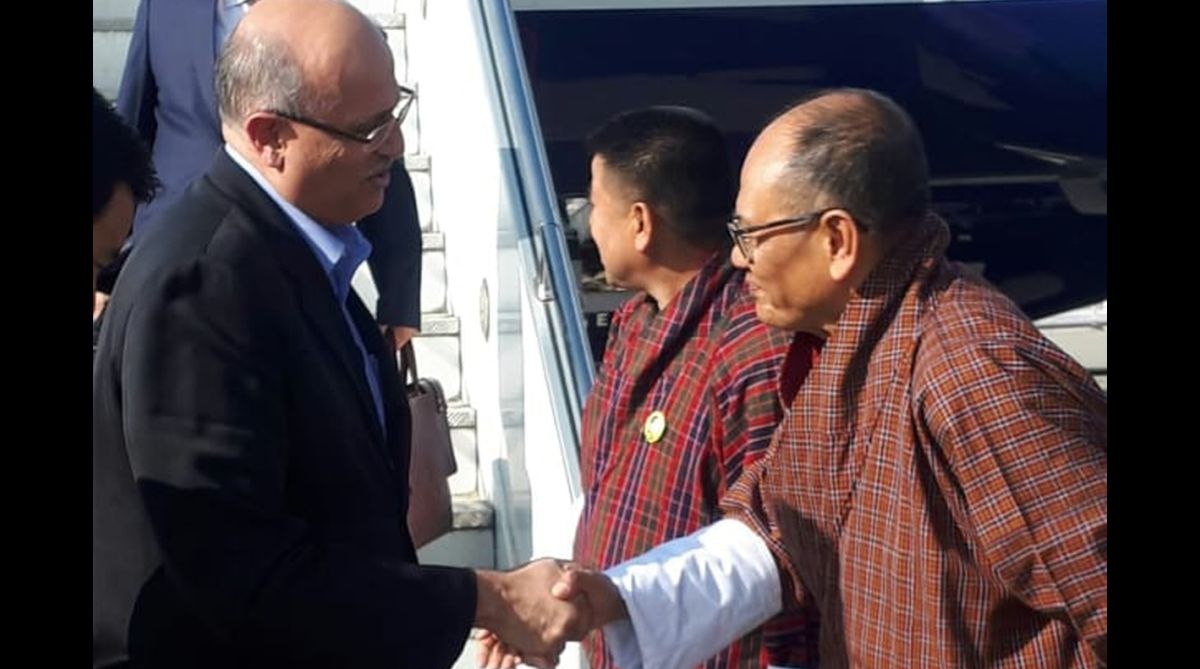With a new government assuming office in Bhutan, India reached out to Thimphu with Foreign Secretary Vijay Gokhale paying a three-day visit to the Himalayan nation.
During the visit, Gokhale held talks with new Prime Minister Lyonchhen Dr Lotay Tshering and other senior representatives of the new government. He also had an audience with Bhutan King Jigme Khesar Namgyel Wangchuck.
Advertisement
In his interactions, Gokhale conveyed to the Bhutanese leadership that India attached the highest priority to further expanding its unique ties of friendship and cooperation with Bhutan, based on the priorities of the Thimphu.
The two sides discussed all aspects of bilateral relations, including high-level exchanges, economic and development co-operation, hydro-power co-operation, people to people ties, and commemorative activities being jointly organized in the Golden Jubilee year. The two sides also shared their views on regional matters and other issues of mutual interest.
READ | Modi greets new leader of Bhutan; assures India’s support
The Bhutan PM expressed his appreciation of Prime Minister Modi for the latter’s telephonic call to felicitate him on election victory and said he was committed to strengthening the special bond of friendship and cooperation shared by the two countries. “Our foreign policy should not change every five years with change in government,” Lyonchhen told the Indian diplomat. They also discussed Bhutan’s 12th Five Year Plan and other developmental activities of mutual interest.
The External Affairs Ministry said Gokhale’s visit was in keeping with the tradition of regular high-level exchanges between the two countries.
India has been keeping a close watch on the developments in Bhutan after the recent elections threw up a surprise winner. Bhutan is of critical importance to New Delhi due to its geo-strategic location between India and China.
Lately, China, which does not have formal diplomatic relations with Bhutan, has been making friendly overtures to the tiny Himalayan country. Bhutan had solidly backed India during last summer’s military stand-off between India and China at Doklam.











